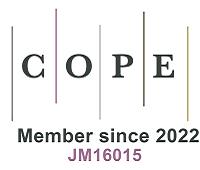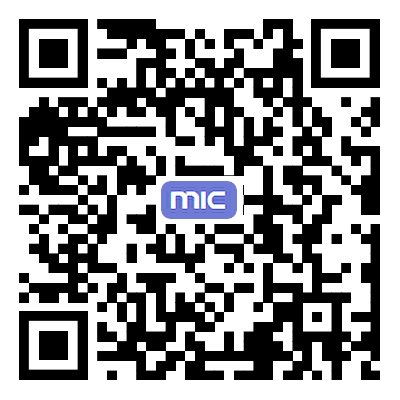Research Article | Open Access
Equivalent doping of Te leads to optimized electrical and thermal transport properties in thermoelectric Cu2MnSnSe4 alloys
Views: 20
Microstructures 2025;5:[Accepted].
Author Information
Article Notes
Cite This Article
Abstract
Quaternary chalcogenides have garnered considerable interest within the field of thermoelectric due to their intrinsic low thermal conductivity, wide band gap and high element enrichment advantages. In this work, the thermoelectric performance of Cu2MnSnSe4 was enhanced by co-optimizing the carrier concentration and lattice thermal conductivity through self-doping with Cu and doping with Te. A series of Cu2MnSnSe4 and Cu2.1Mn0.9SnSe4-xTex (x = 0, 0.01, 0.05, 0.10) samples were prepared by ball-milling and hot-pressing methods. The carrier concentration of the samples was significantly increased after Cu self-doping, leading to optimized electrical transport performance. The notable reduction in lattice thermal conductivity was attributed to the scattering effect caused by Te substitutional -induced point defects. At 673K, the lattice thermal conductivity of Cu2.1Mn0.9SnSe3.9Te0.1 sample obtained the lowest value of 0.62 W m-1K-1. Finally, it achieved a maximum zT ~ 0.5 at 673 K in Cu2.1Mn0.9SnSe3.9Te0.1 sample, roughly twice that of the Cu2MnSnSe4 sample.
Keywords
Cu2MnSnSe4 alloys, te-doping, electrical properties, thermal conductivity, thermoelectric performance
Cite This Article
Liu F, Sun Y, Li Z, Peng P, Wang C, Wang H. Equivalent doping of Te leads to optimized electrical and thermal transport properties in thermoelectric Cu2MnSnSe4 alloys. Microstructures 2025;5:[Accept]. http://dx.doi.org/10.20517/microstructures.2024.125
Copyright
© The Author(s) 2025. Open Access This article is licensed under a Creative Commons Attribution 4.0 International License (https://creativecommons.org/licenses/by/4.0/), which permits unrestricted use, sharing, adaptation, distribution and reproduction in any medium or format, for any purpose, even commercially, as long as you give appropriate credit to the original author(s) and the source, provide a link to the Creative Commons license, and indicate if changes were made.













